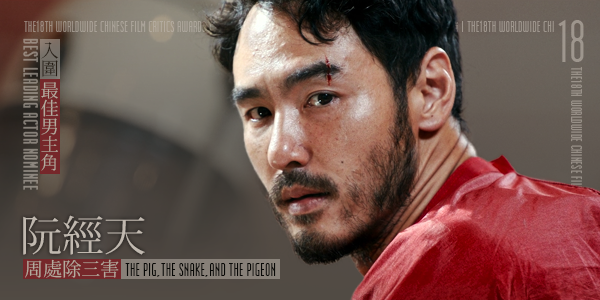《娱乐周刊》的影评已经出来了,对妮可评价蛮高的!
Rabbit Hole
Reviewed by Owen Gleiberman | Dec 08, 2010

THE GRIEVING PROCESS Nicole Kidman and Aaron Eckhart mourn a loved one in Rabbit Hole
In Rabbit Hole, Nicole Kidman and Aaron Eckhart play Becca and Howie, a married couple in a leafy Hudson Valley, N.Y., suburb who are still coping, eight months after the fact, with the death of their 4-year-old son. (He chased their dog out into the street and got hit by a car.) From 21 Grams to Reservation Road to Antichrist, movies about couples who have lost children in tragic accidents offer a unique double challenge to an audience. The material itself is wrenching enough to be seen by many as off-putting. But even for those who are willing to follow a drama down this dark a path, it's easy to feel locked outside of the couple's suffering, since the whole point tends to be that the raw nerve of grief is too intense for them to touch. The bottomless sorrow, the rage, the catharsis: We don't experience these things so much as we watch the couple work up to experiencing these things. There's a lot of numbness mixed in with the devastation.
Rabbit Hole, based on David Lindsay-Abaire's Pulitzer Prize-winning 2006 play (on Broadway it starred Cynthia Nixon and Mad Men's John Slattery), has dialogue that sears, but the canniest thing about it is that it carves shrewd and lively dramatic arcs out of souls who are too damaged to feel their own feelings. Kidman plays Becca as a coldly wounded warrior who can't bring herself to jump back into the stream of her life. She won't act ''reasonable'' toward her husband, and we can more than understand why: To do so would be a betrayal of the emotional chaos that she's hidden away inside. Becca and Howie join a support group for grieving parents, which allows the film to tweak the narcissism that can creep into even the most serious therapy circles. Yet Becca won't let her guard down. When Howie puts on some Al Green and nuzzles her on the couch, she acts as if this gentle attempt at seduction were some sort of violation. Nothing intrudes upon her control over her own suffering. Kidman finds the courage to make Becca dislikable, and the result is her most on-fire acting in years.
In a neat reversal of how this situation often breaks down in terms of gender roles (at least in the movies), Becca tries to eradicate all traces of her son's existence (school paintings, clothes, the home-video memento she ''accidentally'' erases from Howie's cell phone), whereas Howie wallows in the agony of it all. The whole life he loved has fallen apart, but he wants it back, and Eckhart shows a new kind of foreboding anger. He's powerful as a man who will do anything to crack the ice.
Rabbit Hole (in theaters Dec. 17) was directed, in a somber change of pace, by the playful maverick John Cameron Mitchell (Shortbus, Hedwig and the Angry Inch), who shows a true flair for actors but opens up Lindsay-Abaire's play in the standard functional, you-can-still-see-the-stage-floorboards way. And I'm afraid that at least one aspect of the play is second-rate: Becca seeks out a connection with the pasty-faced comic-book-writing teenager (Miles Teller) who killed her son, and their park-bench meet-ups are saintly communions of touchy-feely blahness. They make getting over the blame and the guilt look worse than difficult — they make it sanctimonious. B
|






